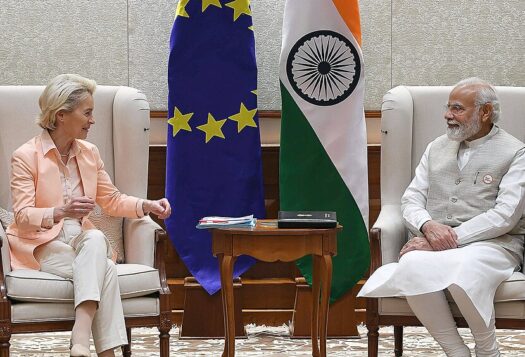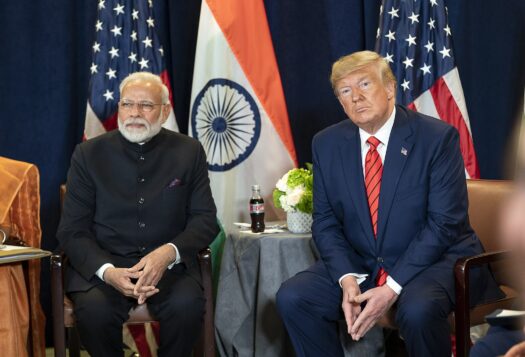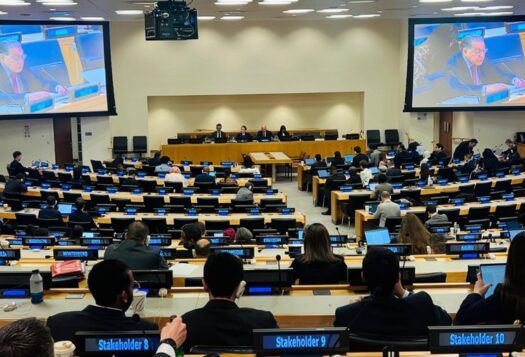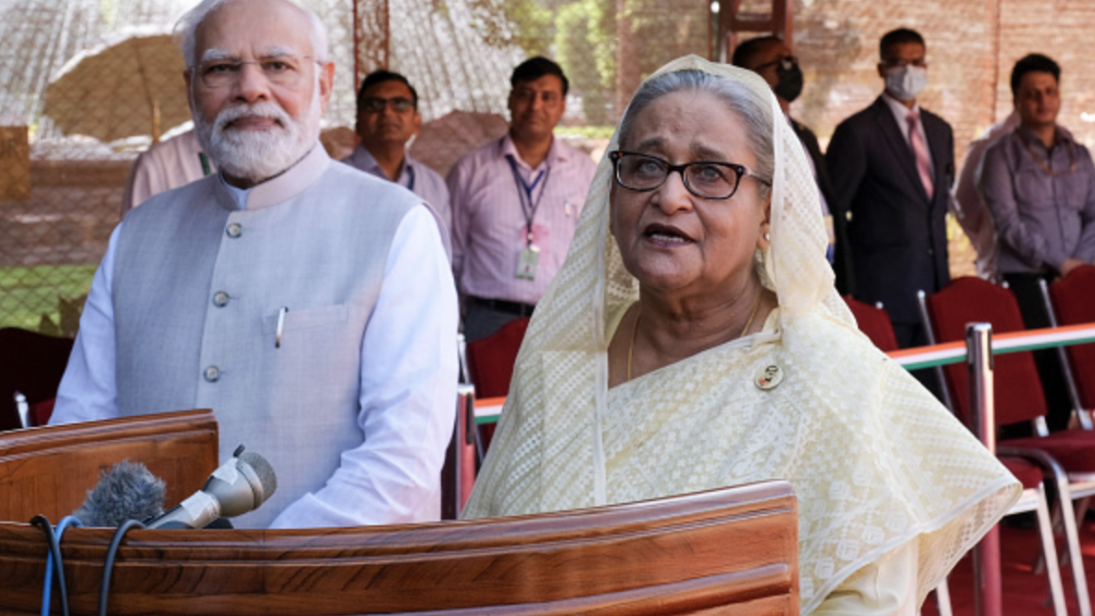
Bangladeshi Prime Minister Sheikh Hasina traveled to India for an official visit from September 5th-8th, where she inked several important agreements with her Indian counterpart. The India-Bangladesh bilateral relationship has immensely improved in the last decade, seemingly signaling the success of India’s “Neighborhood First” policy. However, comparatively less attention has focused on Sheikh Hasina’s role in strengthening the relationship. Prime Minister Hasina has expended substantial political capital to forge a conducive environment for India-Bangladesh bilateral ties to grow. Her crucial India visit is an opportunity to assess the longevity of India’s deepening cooperation with Bangladesh and test if the current momentum in the bilateral relationship can withstand a power shift in Dhaka.
India-Bangladesh Bilateral Ties
While many have deemed the strength of Indo-Bangladesh ties a success story, relations between India and Bangladesh previously nose-dived during the Bangladesh Nationalist Party’s tenure (BNP) between 1991-96 and 2001-06. The BNP has traditionally adopted anti-India rhetoric, including inflammatory remarks suggesting that Bangladesh should support militant groups fighting for independence in India’s Northeast region and West Bengal.
Prime Minister Hasina has expended substantial political capital to forge a conducive environment for India-Bangladesh bilateral ties to grow.
Some issues continue to plague the India-Bangladesh relationship, such as the Teesta River dispute, illegal cross-border migration, transboundary crime, border shootings, and India’s controversial citizenship bills, including the Citizenship Amendment Act (CAA) and National Register of Citizens (NRC). The CAA allows New Delhi to grant citizenship to religious minorities from India’s predominantly Muslim neighbors. Grouping Bangladesh with countries, like Afghanistan and Pakistan, to further a domestic Hindu nationalist agenda contradicts Hasina’s efforts to promote her country as an inclusive and safe destination for international business. Bangladesh, which is struggling to manage the Rohingya refugee crisis, is also concerned that such legislation could increase the number of migrants coming in from adjoining Indian states, particularly Assam. Bangladesh has also faced the rise of majoritarianism and attacks on religious minorities. Nevertheless, India-Bangladesh bilateral ties have vastly improved since their low points under the BNP, and these issues surface more as irritants in a relationship remains state-to-state level.
Sheikh Hasina’s Effect on Indo-Bangladesh Relations
Sheikh Hasina has been one of the few South Asian leaders to oversee a prosperous relationship with India. The two countries settled their boundary dispute in 2015 through a Land Boundary Agreement. India is also financing several connectivity and development projects in Bangladesh via its concessional line of credit funding, now totaling $8 billion. Connectivity expansion has received much-needed impetus and several agreements, including some allowing India access to the Bangladeshi ports of Chattogram and Mongla and the use of inland water routes. This access boosts connectivity between the Indian mainland and its Northeast region and can improve India’s links to its Southeast Asian partners. Likewise, India-Bangladesh security cooperation has expanded significantly under Sheikh Hasina. The two countries signed an agreement on water-sharing for the Kushiyara river, the first since the 1996 Ganga Water Sharing Treaty. They also officially launched negotiations for concluding the Comprehensive Economic Partnership Agreement (CEPA) to enhance economic connectivity.
Hasina’s push for renewed cooperation with India has tied into her domestic agenda of reorienting Bangladesh’s national focus toward economic growth and prosperity. In 2020-21, Bangladesh surpassed India’s GDP per capita. Furthermore, Hasina made concerted efforts to counter radicalization at home, targeting powers like Jamaat-e-Islami Bangladesh. Through her simultaneous push to subdue traditional anti-India forces, like the BNP, Sheikh Hasina has countered resistance to Bangladesh’s various initiatives with India.
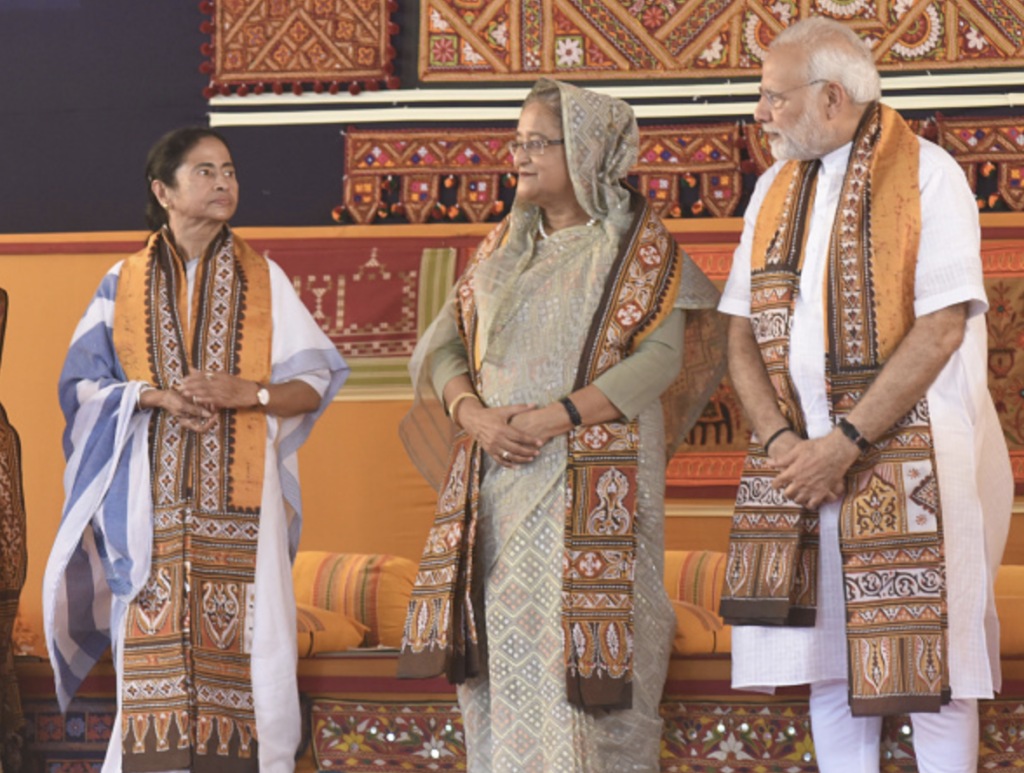
If good relations between India and Bangladesh are primarily a function of a Sheikh Hasina government, long-term bilateral ties will be especially vulnerable to electoral shifts in Bangladesh. While China was not as assertive in South Asia during the BNP’s earlier stints, China could forge deeper ties with the party if the BNP returns to power, swaying Bangladesh away from prioritizing Indian economic and security interests. In addition, the improved security situation in India’s Northeast could worsen and the surging economic and development partnership could falter.
Shortcomings in the India-Bangladesh Relationship
India’s dependence on Hasina stems from its foreign policy failure to create bipartisan support for deep cooperation with India. Nevertheless, this failure is dictated by structural limitations, including historical afflictions, Bangladeshi internal politics, and insufficient economic interdependence between the two countries.
As the balance of power is overwhelmingly in India’s favor, the BNP often uses India as a political tool for electoral gains by accusing them of threatening Bangladesh’s territorial integrity. The opposition has also accused Sheikh Hasina of compromising national interests by pursuing a closer relationship with India. Since the BNP relies on this anti-India rhetoric for political capital, India has found it difficult to achieve bipartisan support in Bangladesh.
Another crucial shortcoming in bilateral relations is insufficient economic interdependence. While bilateral trade has improved significantly over the last five years, China has recently displaced India as Bangladesh’s largest trading partner, despite its geographical proximity. Indian exporters have had limited success competing with their Chinese counterparts in the Bangladeshi market on price and product diversification. While Bangladesh has duty-free and quota-free access to Indian markets, its exporters continue to struggle against India’s non-tariff trade barriers.
South Asia has become a highly sought-after region amidst India’s strategic competition with China. India relies, in part, on expanding ties with Bangladesh to retain its traditional influence in the region. Cooperation with Bangladesh is also vital for India’s connectivity with its Northeastern region and its larger “Act East” policy. The security situation in India’s Northeast greatly depends on continued bilateral counterterrorism cooperation. If the BNP assumes power and distances Bangladesh from India, Bangladesh could align itself more closely with China and disregard core Indian security concerns once prioritized by Sheikh Hasina’s administration.
Can India’s Friendship with Bangladesh Sustain Sheikh Hasina’s Departure?
While some issues that prevent broad support for India in Bangladesh are structural, there are other strategies India can adopt to ensure that a Sheikh Hasina departure does not disrupt the momentum in bilateral relations.
First, India can work to foster deeper economic connectivity. As India pursues expanding trade with Bangladesh, India could receive a boost in economic growth and establish business lobbies that might aid in sustaining the momentum of overall ties. Bangladesh has recently risen to become one of India’s top export destinations.
India should also expand cooperation on transnational issues, like climate change. Bangladesh is one of the most climate-vulnerable countries in the world. Despite its recent economic progress, it has limited resources and technical expertise to mitigate climate change impact. India should pursue climate-conscious pathways for its development cooperation with Bangladesh. India should also continue augmenting Bangladesh’s Humanitarian Aid and Disaster Relief (HADR) capabilities and financing green energy projects in the country. Bangladesh’s largely vulnerable populous and its long-shared border with India could result in a major influx of climate refugees into India. Bolstering Bangladesh’s capacity and expertise to deal with climate change impacts could lower the burden on India during future climate catastrophes.
Third, India can boost cooperation with Bangladesh in multilateral forums. While India is a member of organizations, like the Quad and G-20, and works with great powers to pursue its national interests, Bangladesh relies on regional and sub-regional forums like BIMSTEC, BBIN, and SAARC to cooperate with regional countries. Within these groupings, India can work to foster deeper cooperation to improve intra-regional connectivity, maritime domain awareness initiatives, or regional disaster relief frameworks among its members.
If good relations between India and Bangladesh are primarily a function of a Sheikh Hasina government, long-term bilateral ties will be especially vulnerable to electoral shifts in Bangladesh.
Cooperating in multilateral groups will introduce positive complexity to New Delhi’s ties with Dhaka. India must establish ‘complex interdependence’, as posited by Robert Keohane and Joseph Nye, with Bangladesh. India should also address emotive and contentious matters. This includes resolving the Teesta dispute by engaging in comprehensive consultations with relevant stakeholders in India and Bangladesh to ensure the legitimacy of any future agreement. India must delink its CAA and NRC from Bangladesh’s domestic socio-political churning by turning down the anti-Bangladesh rhetoric that is used to justify these legislations and rein in the ruling party’s leaders from making controversial statements on Bangladesh’s sovereignty.
Removing contentious issues from the bilateral relational discourse would be the first step in conditioning normative changes in how Bangladeshi people view India. Such a change is imperative to ensure India’s continued partnership with Bangladesh in a post-Hasina era.
***
